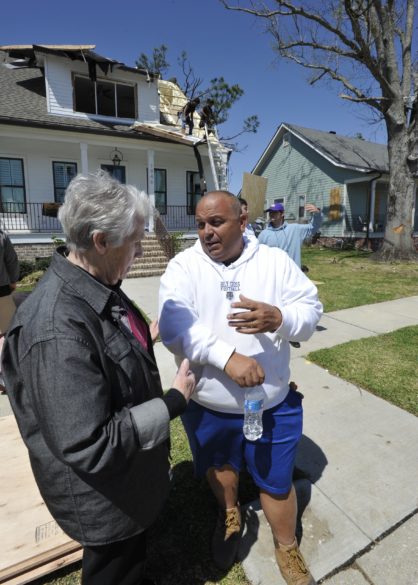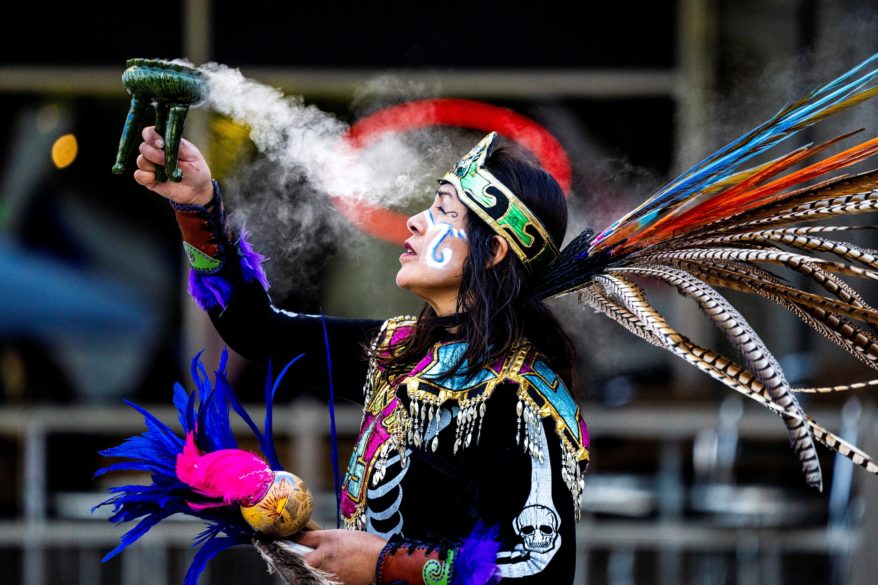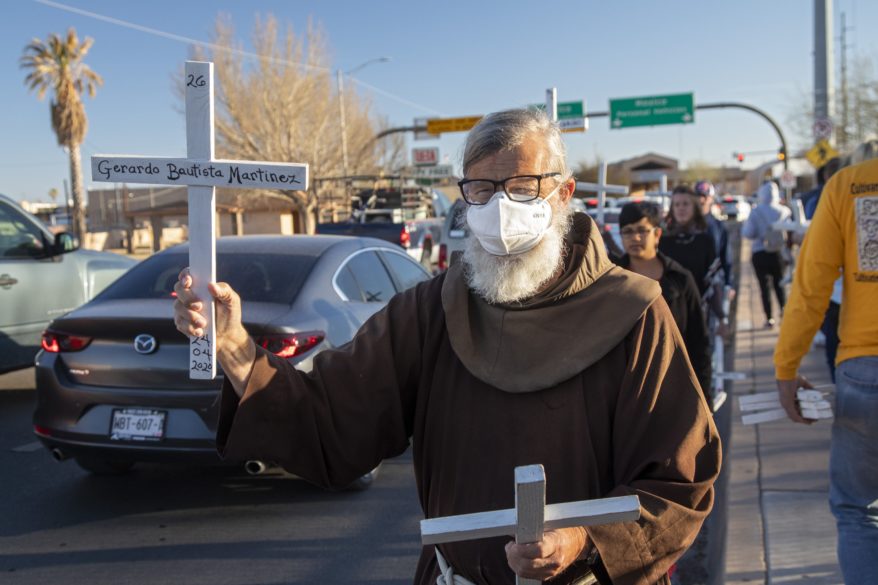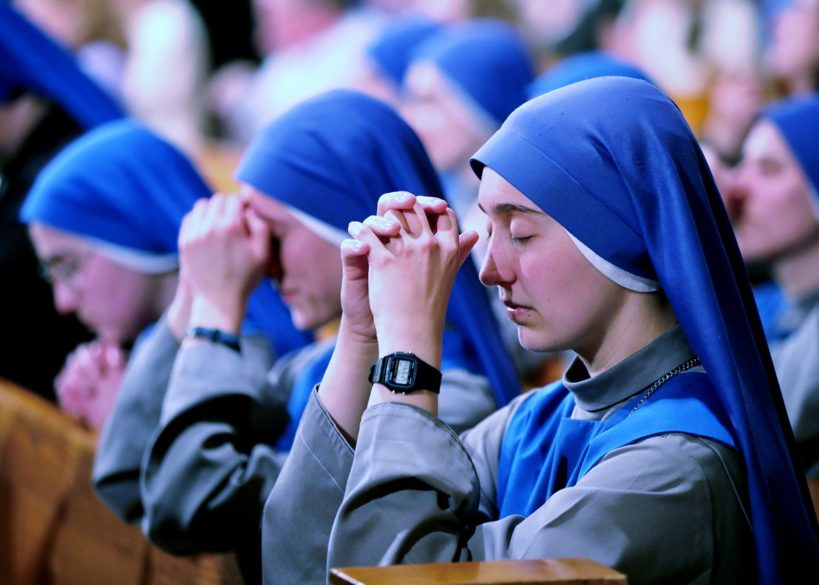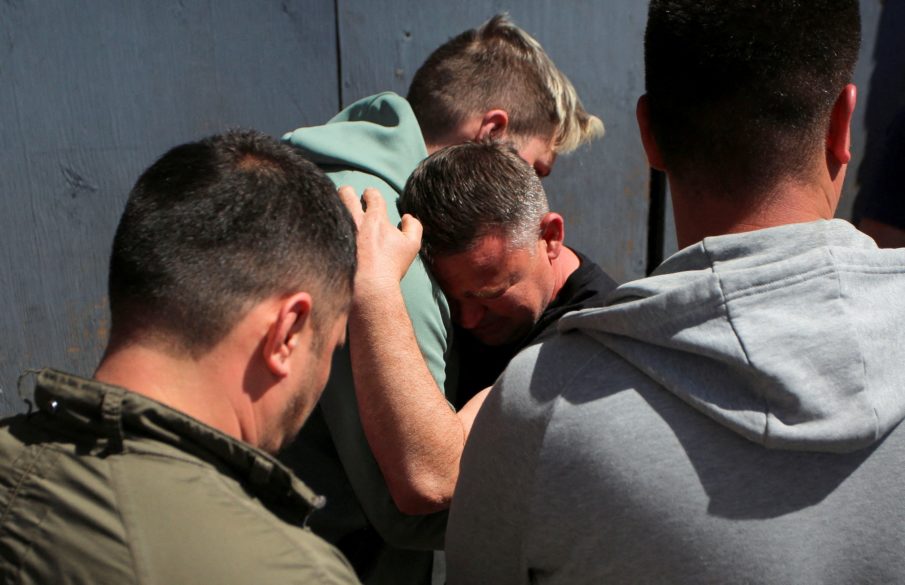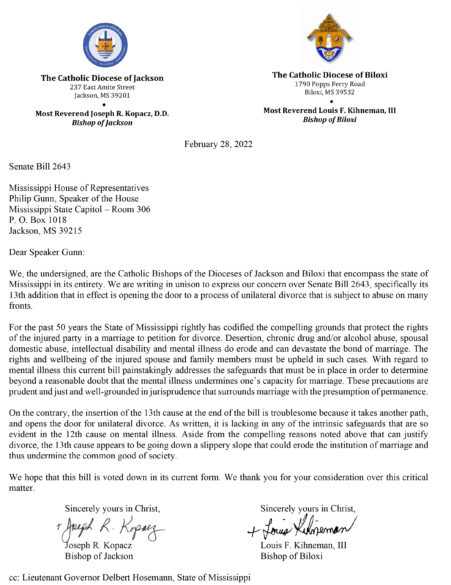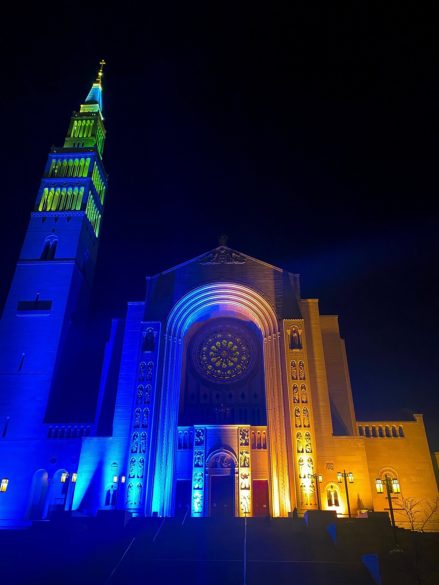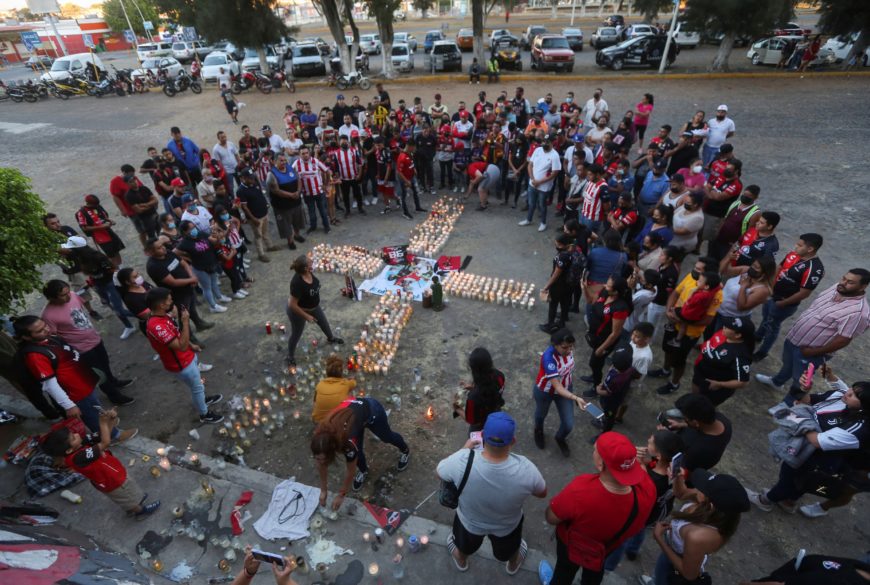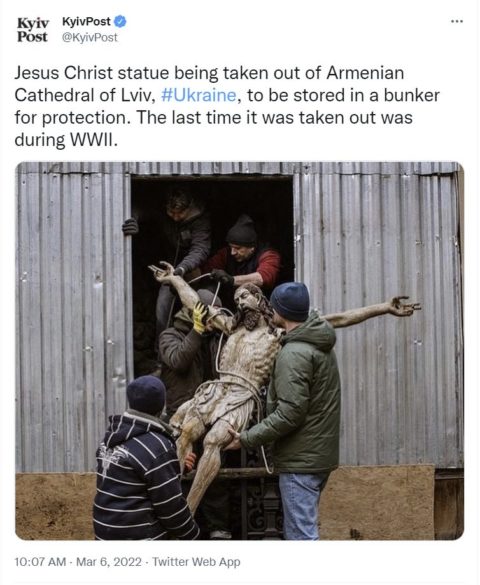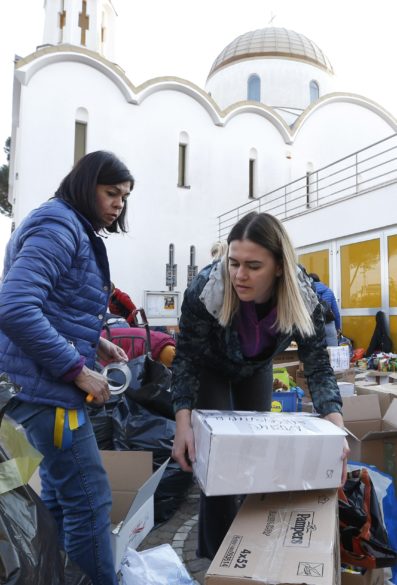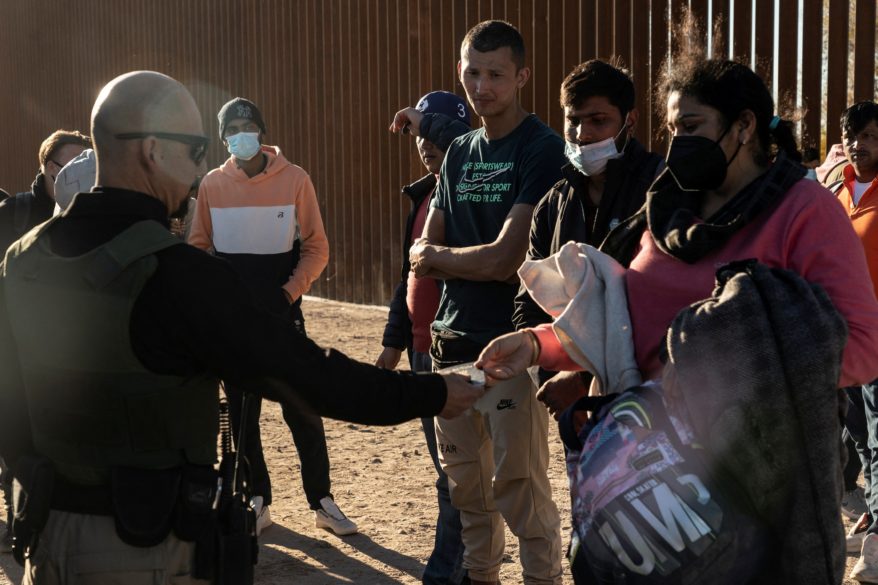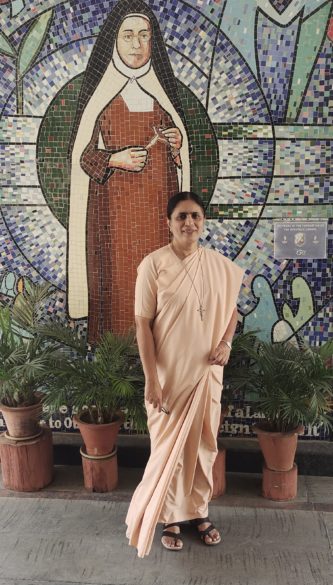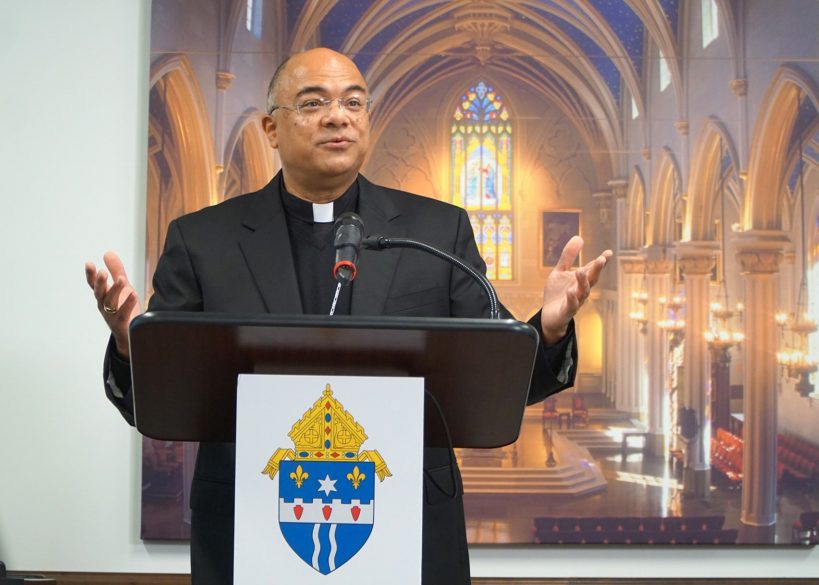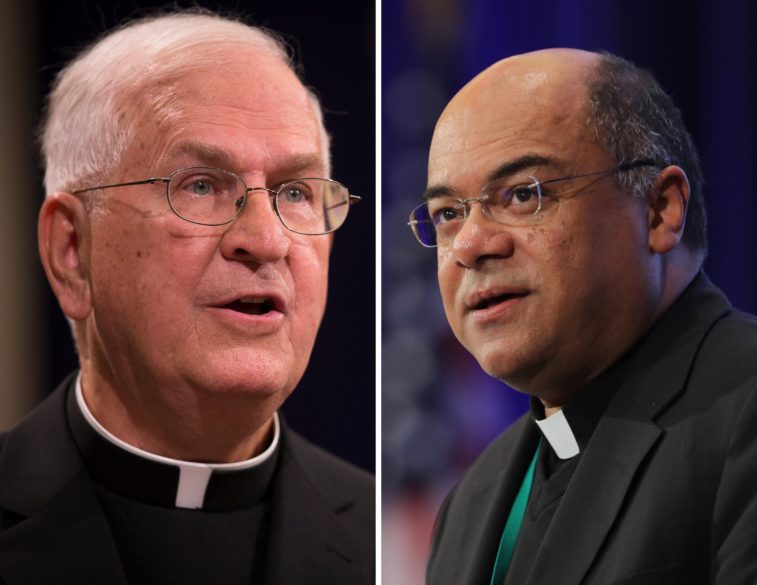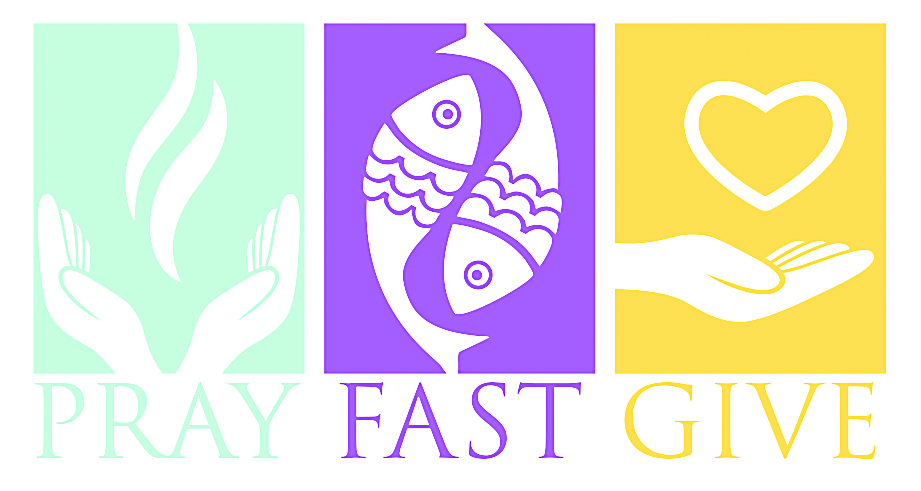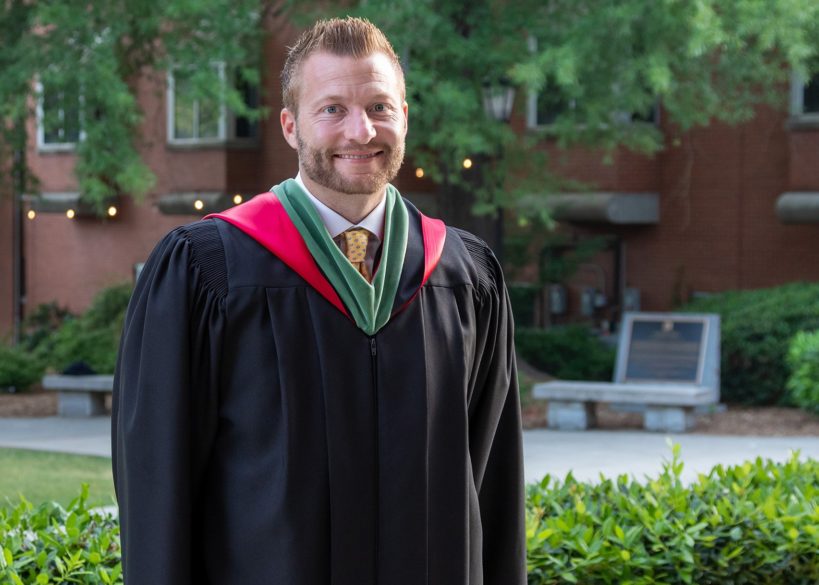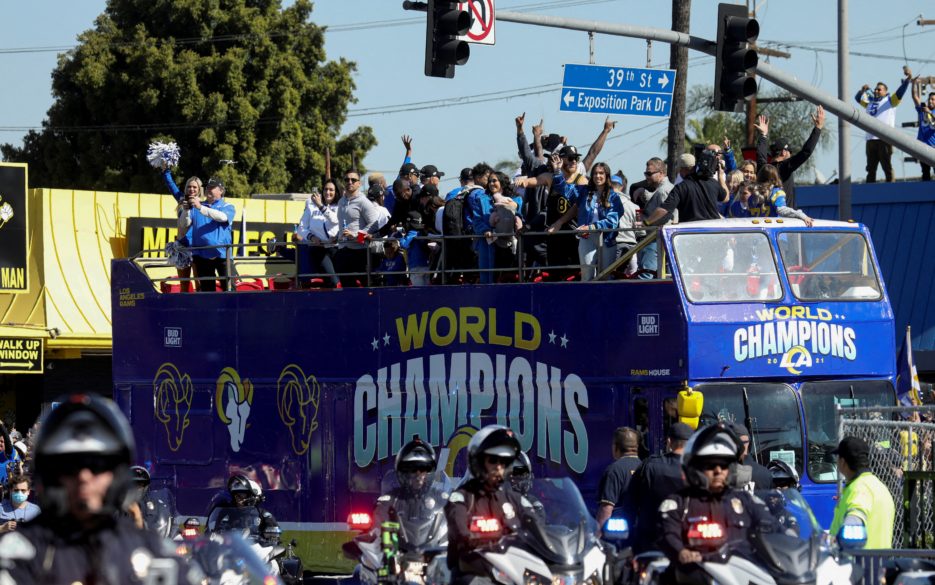NATION
WASHINGTON (CNS) – The church’s charitable outreach to people fleeing war, political instability, poverty and other threats is a requirement for followers of Jesus, the Administrative Committee of the U.S. Conference of Catholic Bishops said in a March 17 statement. “Some may question why and how the church supports refugees and migrants, regardless of race, creed or color, but the simple truth is that Christ identifies with those in need: ‘For I was hungry and you gave me food, I was thirsty and you gave me drink, a stranger and you welcomed me,’” the committee said, citing Matthew 25:35. Led by Los Angeles Archbishop José H. Gomez as USCCB president, the committee said various challenges have forced people to flee in search of safety and security and that their plight requires a Christian response. “This means that when people are hungry and knock at our door, we feed them. When they come to our door cold, we clothe them. And when someone who is a stranger comes, we welcome him or her. The church does this everywhere she exists,” it said. The statement comes as the efforts of U.S.-based church agencies in ministering to migrants and refugees have faced rising challenges from those who say doing so encourages more people to come to the United States, especially from along the southern border.
VATICAN
VATICAN CITY (CNS) – The Vatican published Pope Francis’ calendar for Holy Week and Easter, which includes the Way of the Cross at Rome’s Colosseum for the first time in two years. The annual commemoration of Christ’s passion at the Colosseum was canceled in 2020 due to restrictions on outdoor gatherings to prevent the spread of COVID-19. And in 2021, there was a pared-down Way of the Cross service in St. Peter’s Square.
As is customary when first publishing the pope’s calendar for Holy Week, the Vatican did not provide the time or place for his celebration of the Mass of the Lord’s Supper on Holy Thursday, April 14. Before the pandemic, Pope Francis had made it a tradition to celebrate the Mass and foot-washing ritual at a prison or detention center, refugee center or rehabilitation facility.
Here is the schedule of papal liturgical ceremonies and events for April released by the Vatican March 21:
– April 2-3, Apostolic visit to Malta.
– April 10, Palm Sunday, Mass in St. Peter’s Square.
– April 14, Holy Thursday, morning chrism Mass in St. Peter’s Basilica.
– April 15, Good Friday, afternoon liturgy of the Lord’s passion in St. Peter’s Basilica.
– April 15, Way of the Cross at night in the Colosseum.
– April 16, Easter vigil Mass in St. Peter’s Basilica.
– April 17, Easter morning Mass in St. Peter’s Square, followed at noon by the pope’s blessing “urbi et orbi” (the city and the world).
– April 24, Divine Mercy Sunday, Mass in St. Peter’s Basilica.
VATICAN CITY (CNS) – The real battles people should be fighting and funding are the ones against hunger, thirst, poverty, disease and slavery, Pope Francis said. Instead, vast sums of money are spent on arms for waging war, which is “a scandal” that just drags civilization backward, he said in an address to a group of Italian volunteers. “What is the point of all of us solemnly committing ourselves together at international level to campaigns against poverty, against hunger, against the degradation of the planet, if we then fall back into the old vice of war, into the old strategy of the power of armaments, which takes everything and everyone backward?” he asked. The pope made his remarks in an audience at the Vatican March 21 with volunteers representing the Italian organization “I Was Thirsty.” Founded in 2012, the group sets up projects that provide clean drinking water to communities in need around the world.
WORLD
WARSAW, Poland (CNS) – A Ukrainian priest described escaping from his bombed-out parish in Mariupol and said he still hopes some Catholics will survive the relentless Russian onslaught. Pauline Father Pavlo Tomaszewski said the decision to leave was not easy, “but when they started shelling the whole city, we realized we’d have to go.” “They bombed and shelled us without any break for four days – since our monastery had no cellar for hiding in, we could see tall apartments blocks exploding in front of us,” said the priest, who comes from the western city of Kamenets-Podolsky but studied in neighboring Poland. “Although there’d been water, food and gas and electricity supplies at the beginning, these were deliberately hit to cut off what people needed for daily survival. By the end, with no sense of time, we’d lost any contact with parishioners or with the outside world.” The priest spoke at a March 18 virtual news meeting organized by the pontifical agency Aid to the Church in Need, as Russia’s Defense Ministry confirmed its forces were “tightening the noose” around Mariupol, a port city on the Sea of Azov. Up to 90% of all buildings in the city were reported damaged. Father Tomaszewski said Russian forces had targeted civilians from the outset, bombing and shelling Mariupol’s eastern districts, but had intensified “atrocities against the innocent population” in retaliation for Ukrainian resistance.

